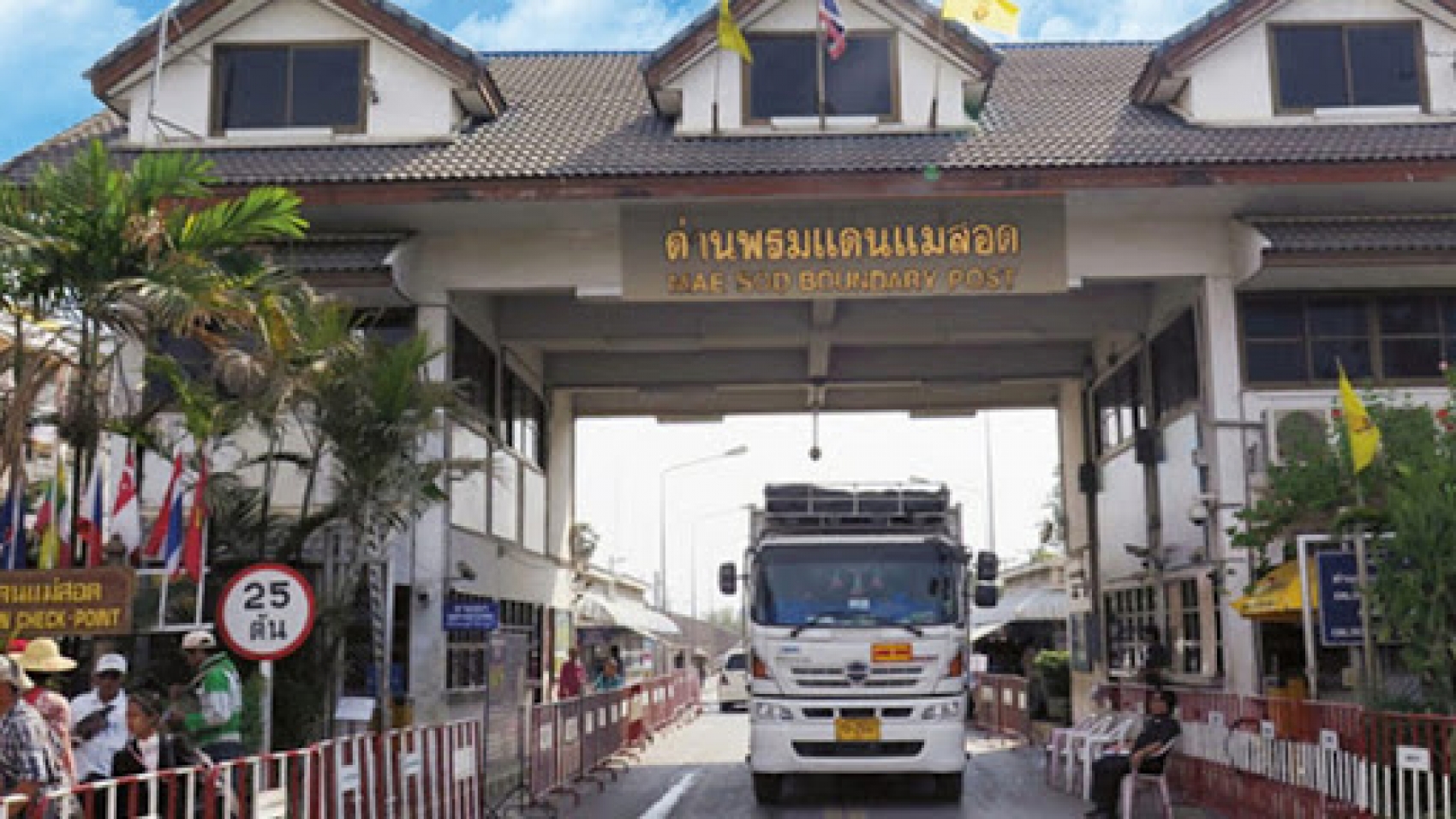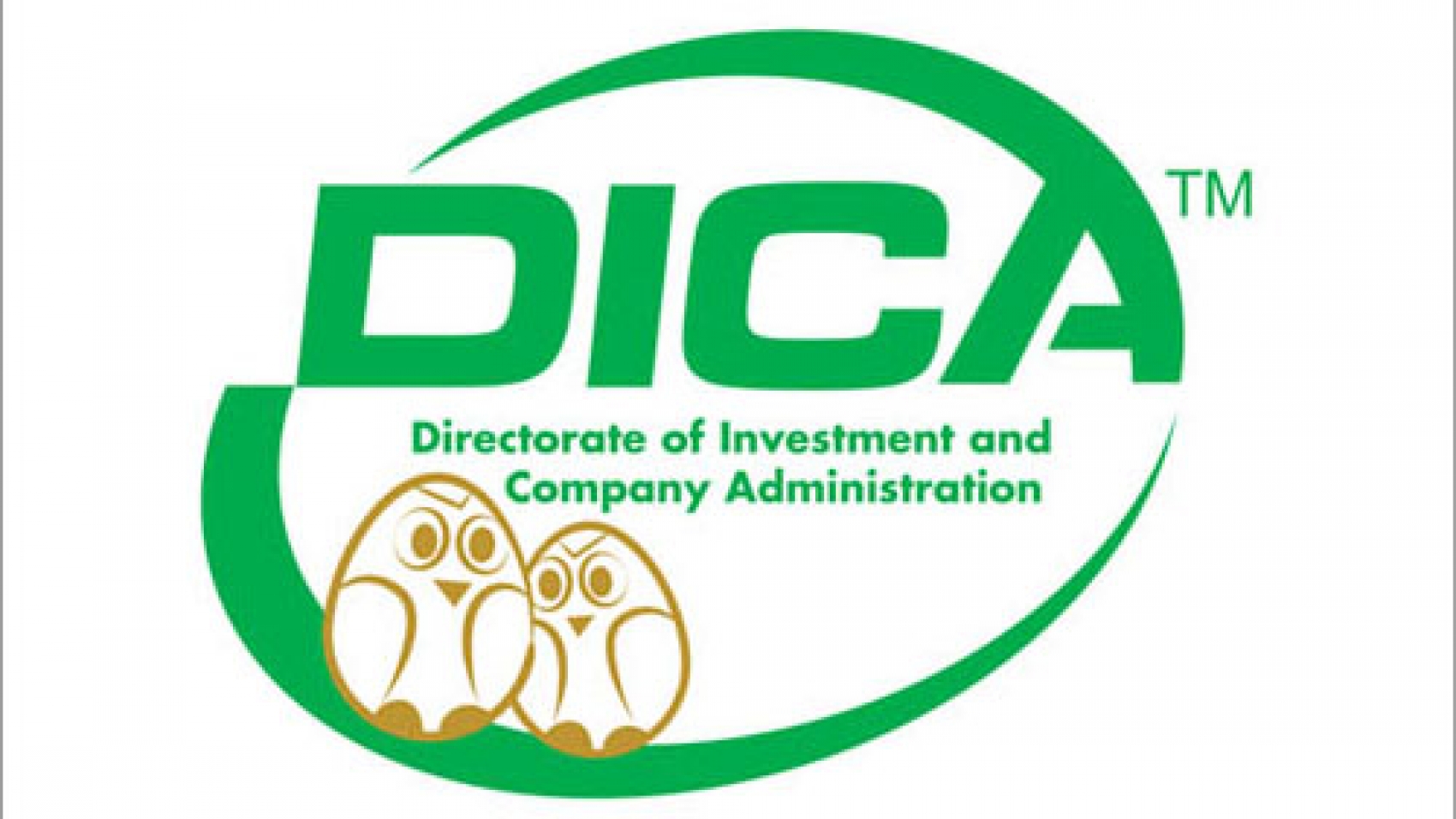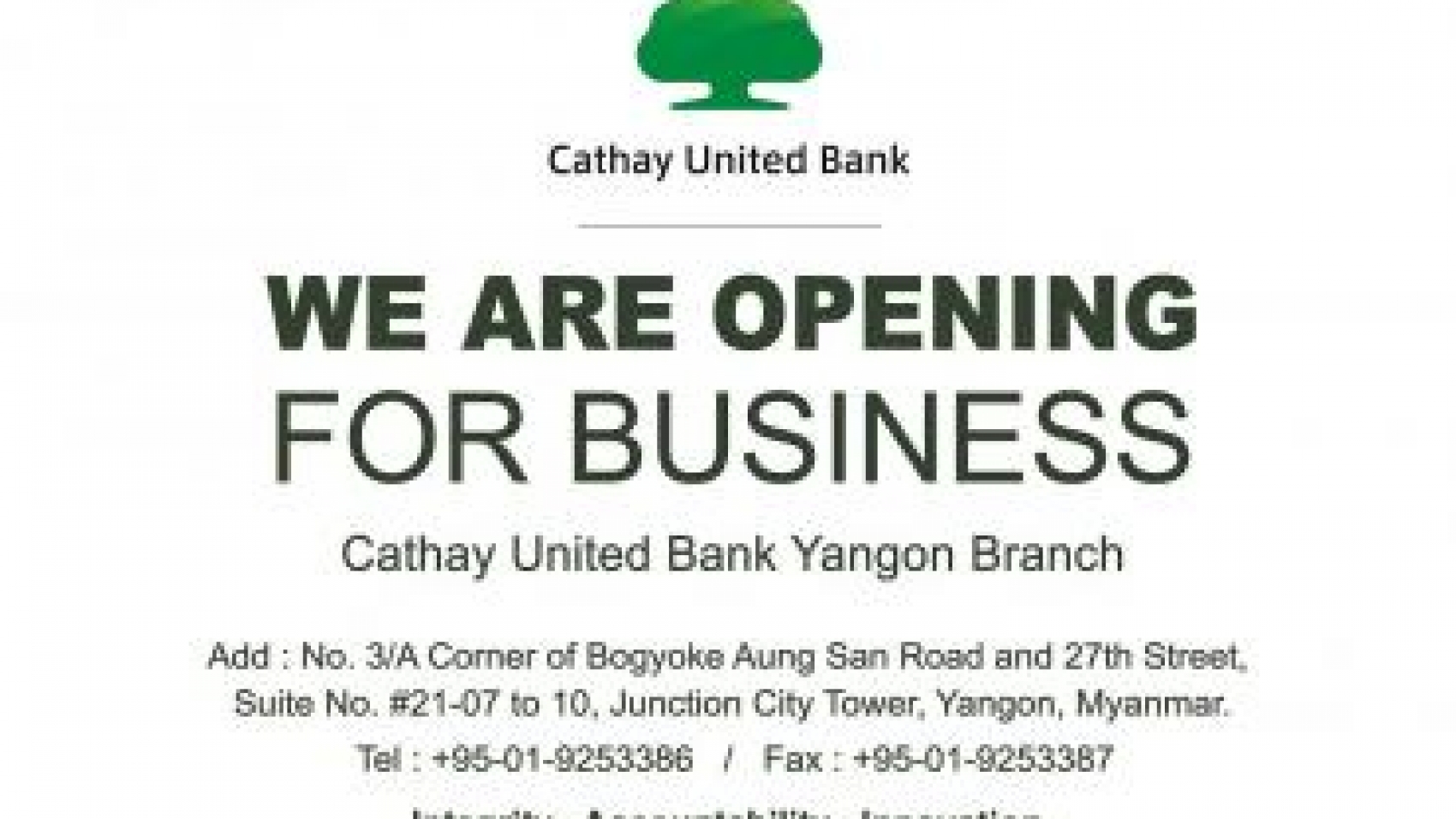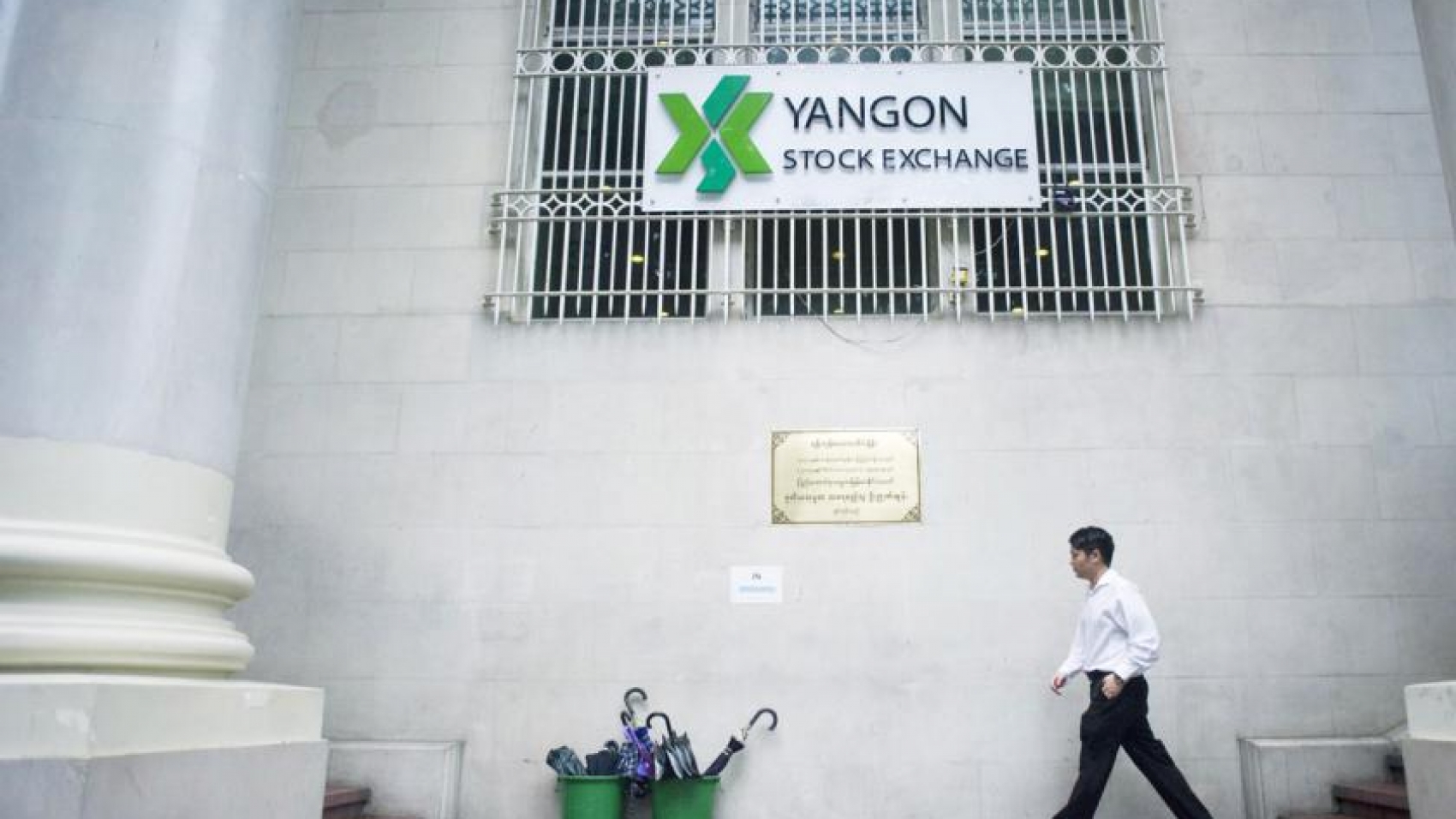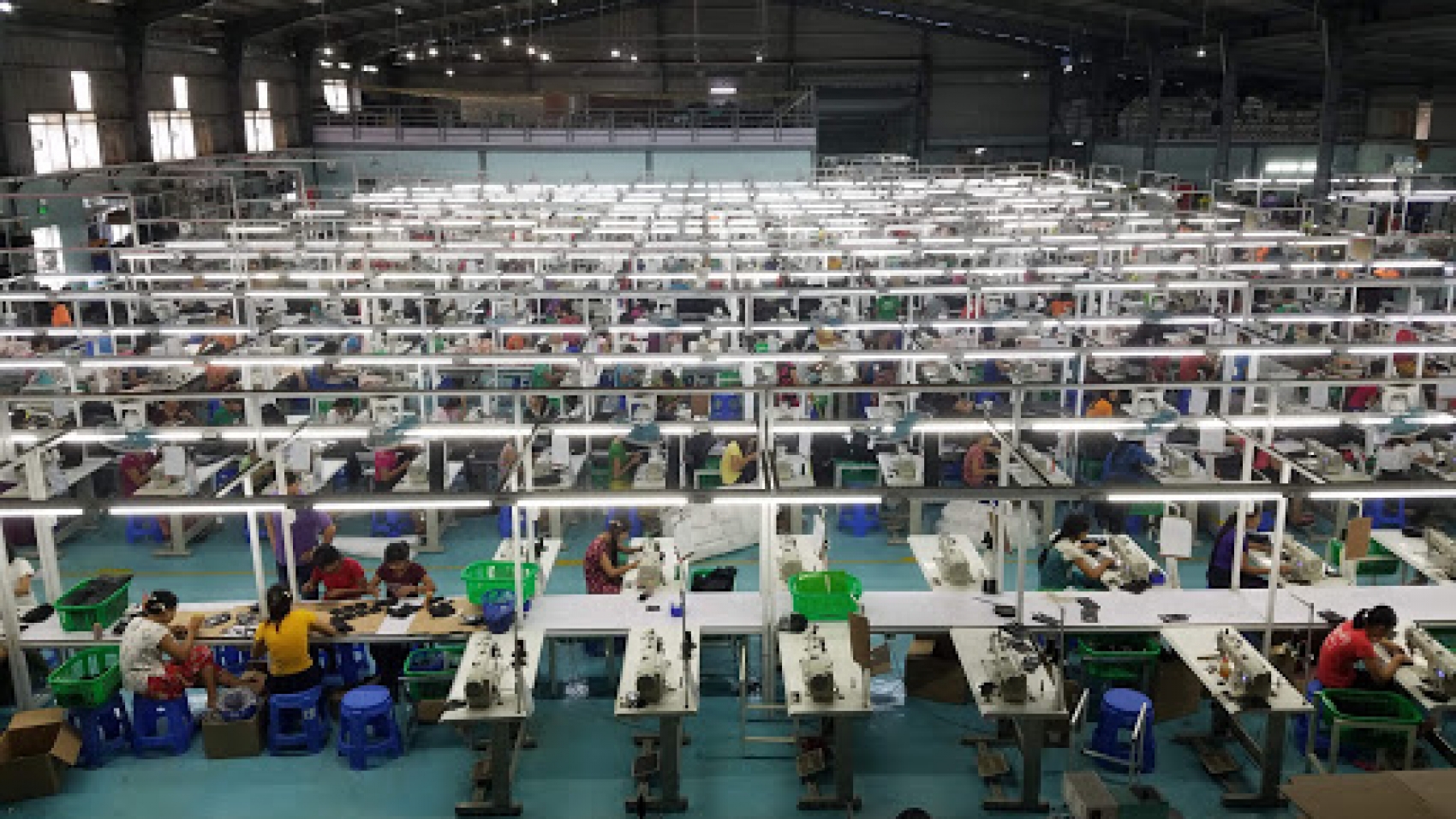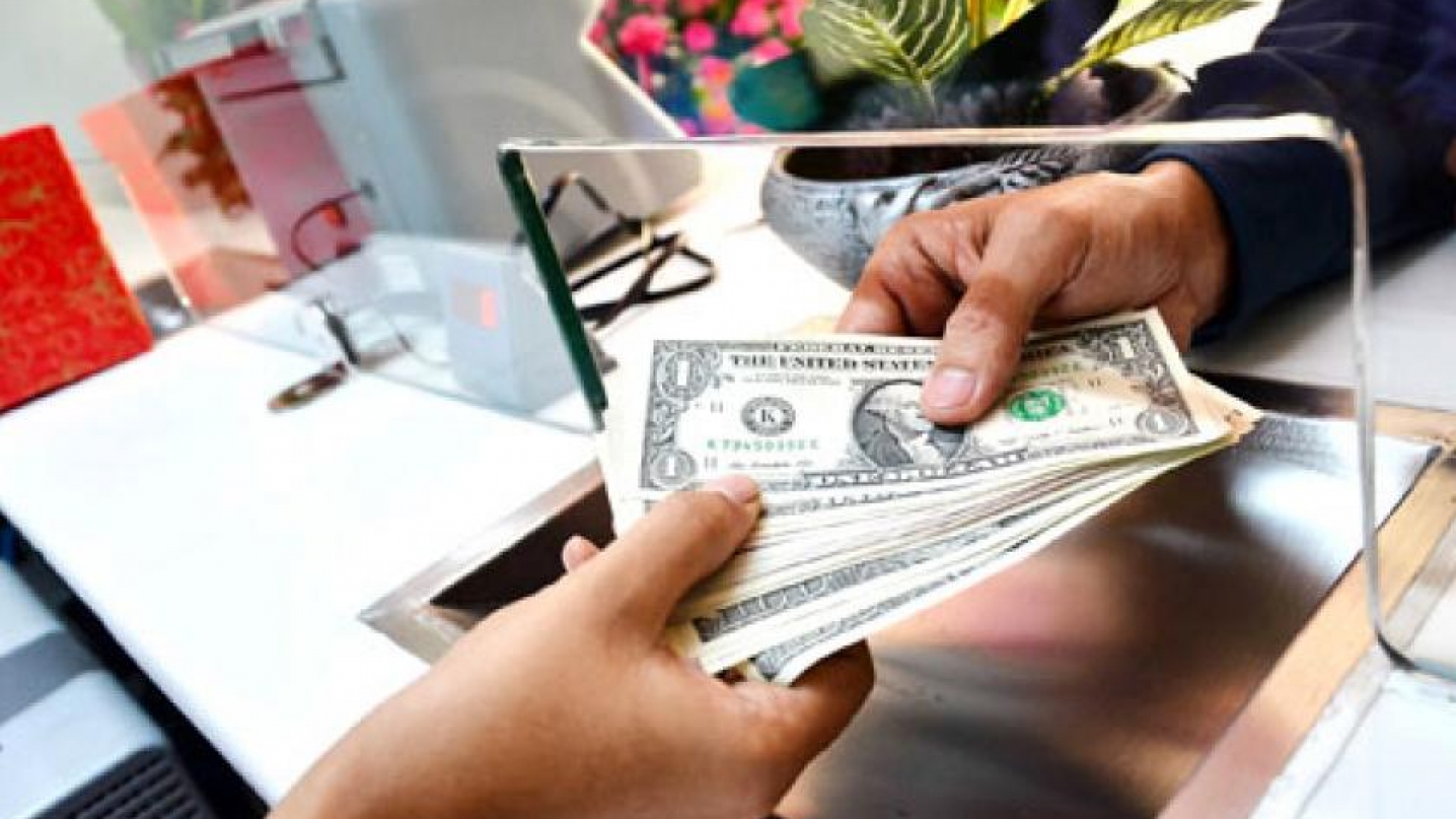AYA SOMPO Insurance (AYA SOMPO) and Oway Pte Ltd, have entered a collaboration that will make domestic and international travel a lot safer for Myanmar citizens. AYA SOMPO and Oway launched the newly approved comprehensive travel insurance products – AYA Go and AYA Joy. As Myanmar’s first-ever comprehensive travel insurance products, AYA Go and AYA Joy travel insurance benefits are unique and provide a more holistic coverage, providing coverage for a wide range of challenges travellers face during their travels. AYA Joy is focused for international travellers and provides benefits for baggage loss, flight delay compensation, accident, hospitalisation, medical expense and personal liability coverage. AYA Go is for domestic travellers, providing coverage for medical/hospitalisation expenses, personal liability coverage, and accidental death payout. An optional child education fund is also offer under AYA Go.
The CEO of the AYA SOMPO said that they are delighted to receive approval from the Financial Regulatory Department (FRD) on our new comprehensive travel insurance products AYA Go and AYA Joy. As the first of their kind in the market, AYA Go and AYA Joy provide a more complete protection to travellers. AYA SOMPO continuously innovates not only in the digital services, but also the product offerings. They are one of the insurance companies in Myanmar to provide customers easy access to insurance products through innovative channels, enhancing the overall customer experience which includes an online submission of claims through our website. Pre-pandemic domestic air travels reached a total of 5.7 million and domestic travels from January to September 2020 reached a total of 5.7 million and domestic travels from January to September 2020 reached 2.4 million even during the COVID-19 pandemic.
The CEO of Oway Group said that their partnership with AYA SOMPO is part of their commitment to make travel easy and safe for people in Myanmar. They have been consistently investing in building a robust and sustainable ecosystem for online travel to expand so millions can take advantage of this digital economy. Oway’s website, oway.com.mm is the largest online travel portal in Myanmar. Launched in 2012, Oway offers a wide range of solutions for business and leisure travellers in Myanmar. The site is a one-stop shop that allows users to book domestic and international flights, hotels, land transportation, tours, holiday packages, e-commerce, ride hailing and now insurance using multiple payment options. To find out more about AYA Go and AYA Joy Comprehensive Travel Insurance from AYA SOMPO, visit www.ayasompo.com or AYA SOMPO’s Facebook Messenger at m.me/ayasompo.
Source: Myanmar Times


